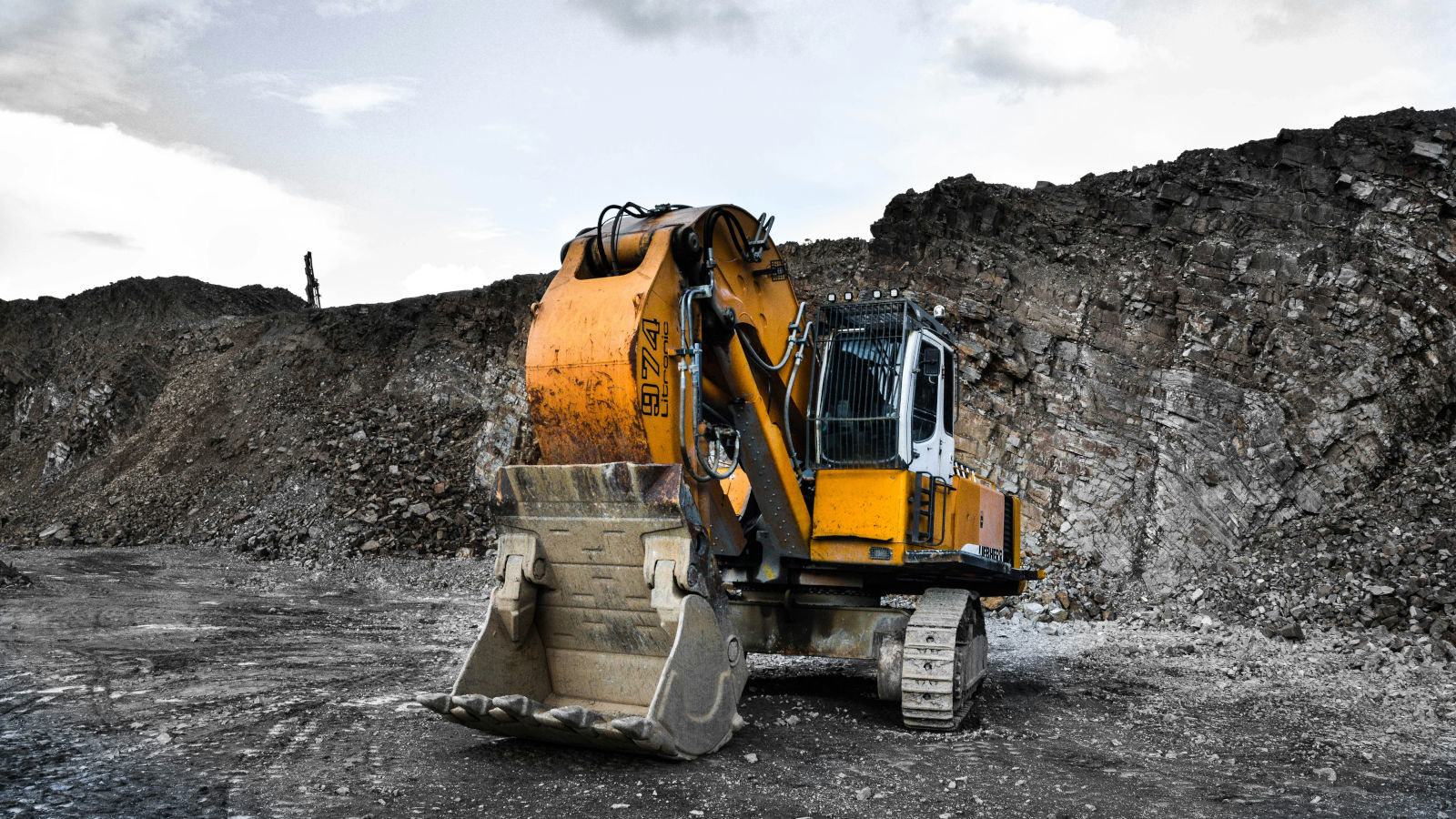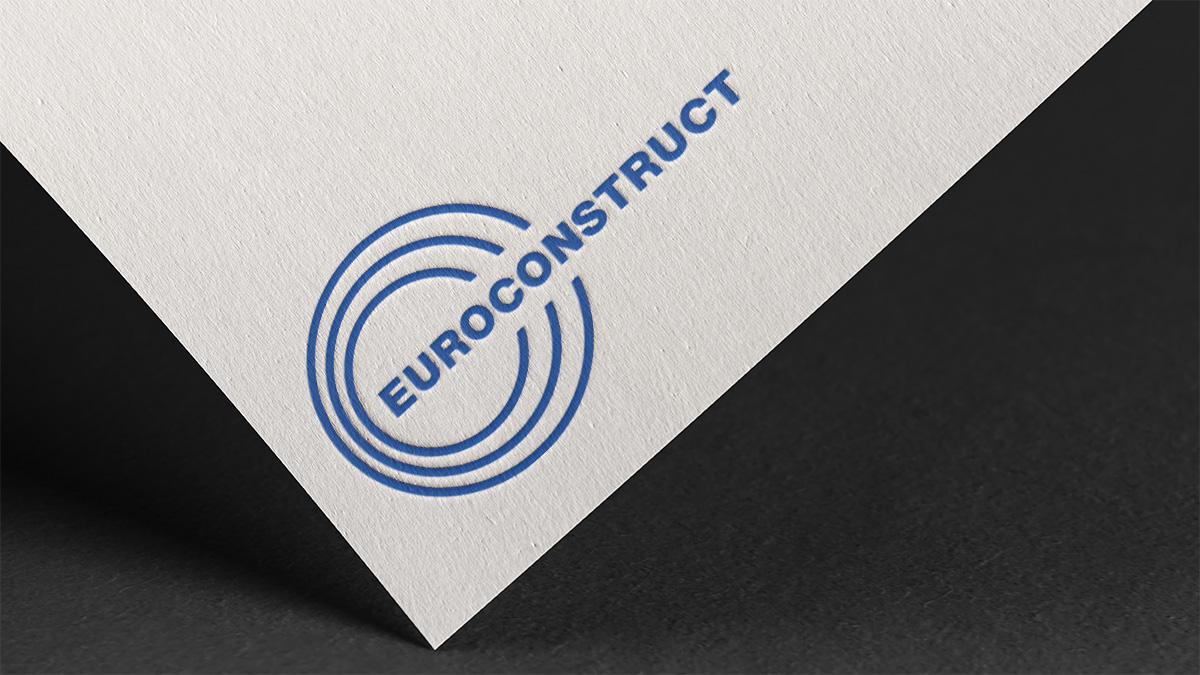
Czechia risks losing its self-sufficiency in the production of stone and sand. These essential materials are becoming scarce because closed deposits are not being replaced with newly opened ones. Obtaining permits for new ones is extremely complicated and practically none have been created for a long time.
There are still plenty of sand and stone deposits in Czechia. However, obtaining a permit and opening a new quarry or sandpit can take up to 15 years. Miners face resistance from local municipalities and residents during the process. The property relationships concerning the land are also complicated. Not least, the outcome of environmental impact assessments is uncertain.
While new or reopened quarries are a rarity, several dozen have been closed over the last 30 years. Currently, there are around 200 functional stone quarries in the country. Up to half of the deposits currently being mined will be exhausted within 10 years.
The demand will have to be met with material imported from abroad, which will increase construction costs and not benefit the environment. The government aims to address the shortage primarily through recycling and reusing materials. However, builders encounter limitations in using recycled materials due to technical regulations from investors.
Already, the prices of stone and sand in Czechia are skyrocketing. In neighbouring Germany, the price of sand is half as much, and in Poland, the difference is even greater.
“Czech industry faces massive raw material price increases.”
ABOUT THE AUTHOR
David Frič
STEM/MARK, a.s
David Frič was a data analyst and researcher at the Czech company STEM/MARK, working on surveys and marketing research. His wide range of work focused on real estate and banking.
Jeopardy of strategic projects
The situation is worst for stone needed for railway construction. With the planned construction of high-speed rail lines, the situation is undoubtedly heading towards a shortage of aggregates.
In addition, material deliveries are contracted in advance, which makes it difficult to implement large projects in the future. For example, with the completion of the Dukovany nuclear power plant, there is a risk that material will have to be imported from Austria or from elsewhere abroad. The shortage and import of materials leads to an increase in the costs of projects. If project costs rises excessively, their implementation will be further postponed. Even without this, large strategic projects suffer from a strained state budget and lack of political will, which hinders their implementation.
ABOUT THE AUTHOR
David Frič
STEM/MARK, a.s
David Frič was a data analyst and researcher at the Czech company STEM/MARK, working on surveys and marketing research. His wide range of work focused on real estate and banking.
